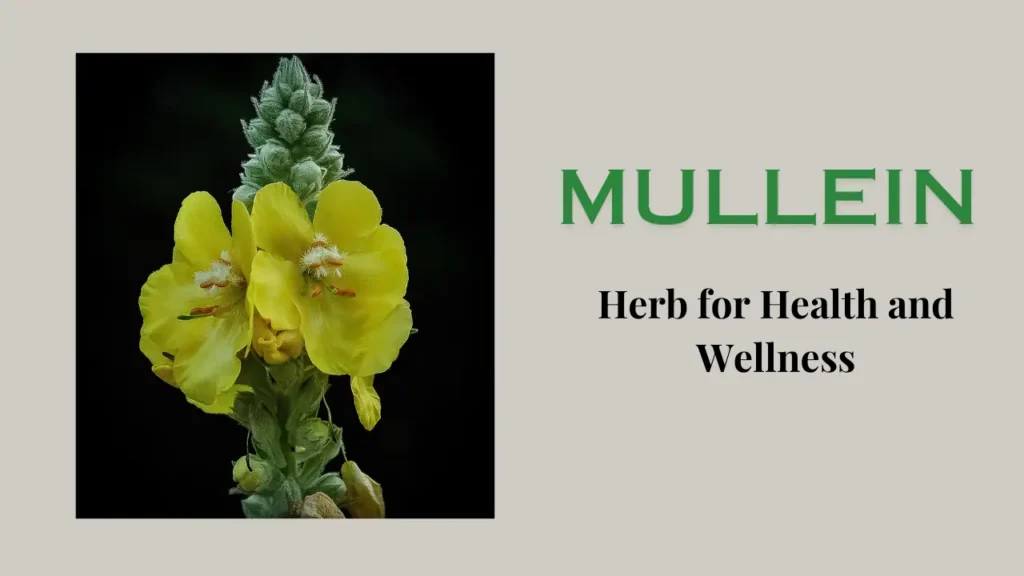Barleria prionitis is known as the porcupine flower or vajradanti in Ayurveda. It is a versatile plant that has been used for various purposes for centuries. It is used for everything from traditional medicinal applications to modern uses.

Barleria prionitis shrub belongs to the Acanthaceae family. It originally originated from tropical regions especially India and Sri Lanka. This plant is characterized by its thorny branches and attractive orange or yellow flowers. Traditionally its leaves, roots, and stems are used in Ayurvedic medicine to treat a variety of diseases.
Uses of Barleria prionitis
It is used in the treatment of many problems. Some of these are as follows:
- Barleria prionitis has been traditionally used to reduce inflammation such as arthritis and rheumatism.
- The antimicrobial properties present in it are used in the treatment of various infections including skin infections and respiratory diseases.
- Rich in antioxidants, Barleria Prionitis helps combat oxidative stress and reduces the risk of chronic diseases.
- Due to its antimicrobial properties, its extract is used in skin care products to treat acne and other skin conditions.
- It aids digestion and may reduce gastrointestinal problems, although more research is needed.
- It is used in oral care products due to its antimicrobial properties. This helps in maintaining oral hygiene.
- It is also used to provide relief from cough and cold symptoms.
Potential Side Effects of Barleria Prionitis
Barleria prionitis offers many health benefits, but it is also important to know about its potential side effects to use it safely. Some of its possible side effects are as follows:
- May cause allergic reaction: Some individuals may be allergic to it, especially those with sensitivity to plants in the Acanthaceae family.
- Gastrointestinal issues: In some cases, consumption of its extract may cause digestive discomfort including nausea, vomiting, or diarrhea.
- Interact with Certain Medications: Barleria prionitis may interact with certain medications. Therefore it is advisable to consult a doctor before using Barleria Prionitis with any medicine.
- Pregnant and lactating women should use caution: Pregnant and lactating women should use caution when using Barleria prionitis, as there is limited information on its use during this period.
How to Use Barleria Prionitis Safely
If you want to incorporate Barleria prionitis into your health routine, it’s essential to know how to use it safely. Here are some tips for how to use it safely:
1. Consult a health care professional: Before using Barleria prionitis for medicinal purposes, it is important to consult a doctor so that you can determine the proper dosage and application method.
2. Do a patch test: Be sure to do a patch test before using Barleria Prionitis topically. With this, you can avoid any allergic reaction or skin sensitivity.
3. Follow the recommended dosage: Follow only the recommended dosage and guidelines provided by reputable sources or health care professionals.
4. Keep an eye on any side effects: Monitor for any adverse reactions or side effects while using Barleria prionitis and discontinue use if any problems occur.
You should consult your doctor as soon as all these symptoms appear so that you can be given proper treatment.
Conclusion
Barleria prionitis has been known for its potential health benefits for centuries. But at present it is necessary to consult a doctor before using it as it can cause allergic reactions to many people. By knowing its possible side effects, you can include it in your daily routine and boost your health and well-being.
Remember, before starting any new wellness regimen, it’s always best to consult with a healthcare professional to ensure it is suitable for your specific needs and circumstances.








